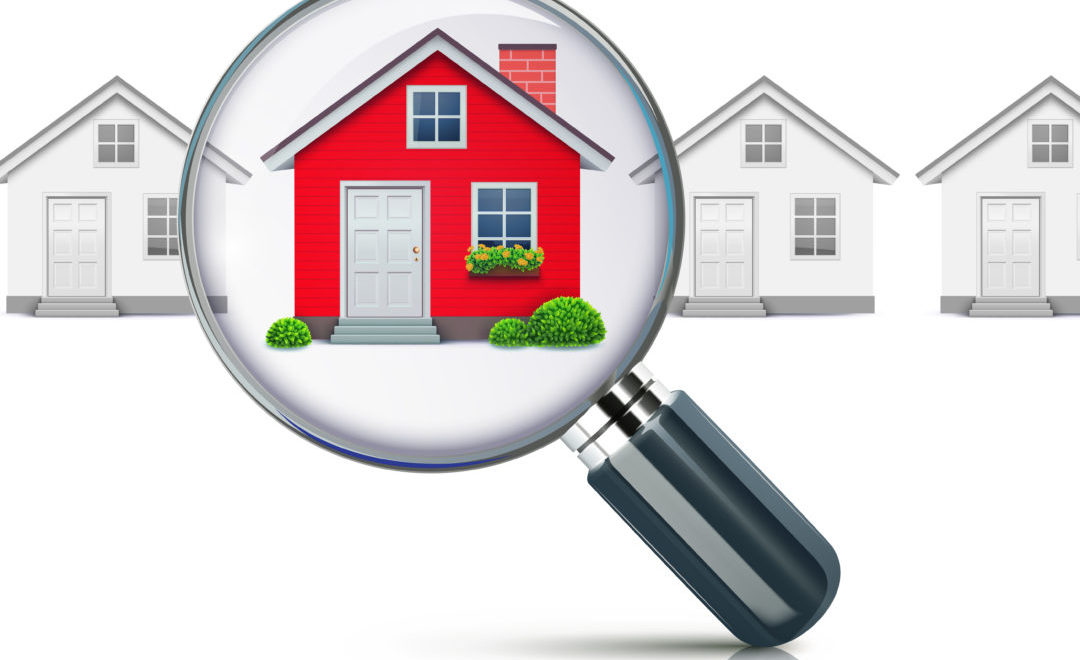What Steps Does a Certified Home Inspector Follow?
When deciding to purchase a new home, one of your most important investments, careful consideration of all aspects is crucial. To guarantee no underlying issues exist and verify the property’s sound condition, employing a certified home inspector proves invaluable.
By methodically evaluating all facets of the estate, these professionals furnish homebuyers with complete comprehension of a dwelling’s status, enabling educated purchase determinations. Therefore, comprehending their systematic inspection process merits exploration.
Checking the Exterior
The evaluator initiates exterior examination, scrutinizing the building’s envelope. Walls, the foundation, windows, and doors undergo analysis, searching for water damage indications, cracks, or other defects possibly undermining structural integrity. A weather-tight, stable exterior protects interior spaces, so inspection helps in uncovering areas requiring repair.
Checking the Roof
An inspector then shifts focus upwards, inspecting the roof, which shields the home’s interior. The evaluator checks for absent or damaged shingles, leakage evidence, and stability issues. As severe weather can damage roofing materials, the inspection verifies this essential structure can still perform its function, preventing premature replacement costs.
Heating System
After assessing the exterior protective layers, the inspector progresses to functional systems, beginning with the dwelling’s heating mechanism. Furnaces, boilers, and other heat sources undergo examination to guarantee appropriate working order.
Heating system deficiencies lower home comfort and efficiency. Timely identification through inspection allows homeowners to address problems before equipment failure.
Cooling System
Similarly, cooling mechanisms require inspection, especially in warmer climates. Air conditioning components such as condensing units, vents, and ductwork undergo scrutiny to confirm adequate operation.
Property evaluators verify appropriate temperature and humidity control for occupant comfort. Additionally, inspectors uncover forthcoming repairs, permitting preventative maintenance.
Electrical
Another integral inspection component includes a dwelling’s electrical systems, assessing wiring, outlets, circuit breakers, and additional components. Inspectors check for safety issues like exposed wires or tripping breakers, along with code violations. Confirming electrical integrity safeguards occupants while highlighting upgrades required for safety.
Structural
Structural stability also garners significant attention, as foundational or load-bearing deficiencies threaten the entire building’s viability. Home inspectors carefully analyze foundations, walls, supports, and framing to uncover cracks suggesting settling issues or weathering damage. These examinations affirm a property’s lasting structural soundness.
Plumbing
Water supply systems also require inspectors’ interest, in searching for leakage or flow difficulties. Fixtures, pipes, water heaters and more undergo testing to uncover damage while assessing functionality. Water issues left unattended lead to destruction of dwelling components while supply interruptions disrupt occupancy. Inspection prevents such outcomes.
Interior
The inner surfaces of walls, floors, and ceilings cannot escape an inspector’s scrutiny. These examinations uncover previous concealed damage affecting living spaces. Additionally, inspectors test doors and windows to guarantee smooth operation. These verifications enable owners to remedy any deficiencies impeding the full utilization of interior areas.
Attic and Insulations
Finally, inspection attends to often overlooked spaces like attics and crawlspaces. Evaluators check insulation levels, moisture incursion, and ventilation efficacy within these utility locations. Sufficient insulation improves energy efficiency while ventilation and moisture control prevent deterioration.
Bottom Line
Certified home inspectors furnish buyers with key data when determining a property’s suitability. By exhaustively examining all structural and functional attributes, these experts provide comprehension of current status while uncovering issues necessitating attention.
Although hiring an inspector represents an added upfront cost, their services confer an essential perspective, adding value to such a momentous investment. Ultimately, inspection delivers peace of mind surrounding one of life’s most substantial purchases.



